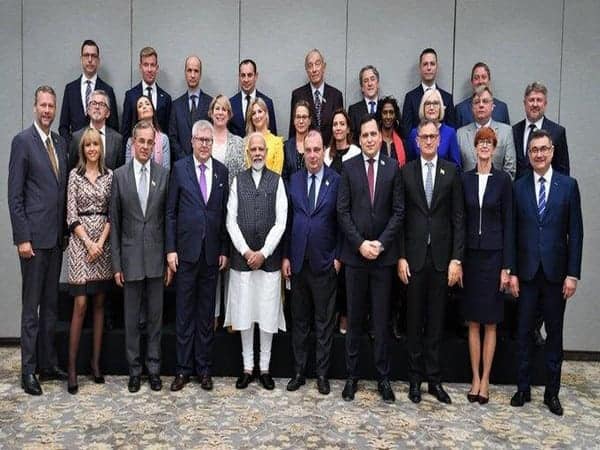New Delhi: Prime Minister Narendra Modi while welcoming a delegation of European Parliament to India on Monday, expressed hope that its members will have a fruitful visit to various parts of the country, including Jammu and Kashmir, the PMO said in a statement.
“Their visit to Jammu and Kashmir should give the delegation a better understanding of the cultural and religious diversity of the region of Jammu, Kashmir and Ladakh; apart from giving them a clear view of the development and governance priorities of the region,” the PMO added.
The delegation would be visiting Jammu and Kashmir tomorrow.
The PMO said the Prime Minister appreciated the importance that the parliamentarians attach to their relationship with India by visiting the country right at the beginning of their term.
“India’s relationship with the European Union is based on shared interests and common commitment to democratic values,” PM Modi was quoted as saying.
Highlighting the importance of close international cooperation to fight terrorism, the Prime Minister said, “Urgent action must be taken against all those who support or sponsor terrorists or support such activities and organizations or use terrorism as a state policy. There should be zero tolerance for terrorism.”
He also said that an early conclusion of a fair and balanced Bilateral Trade and Investment Agreement (BTIA) is a priority for the government. He also spoke about the growth of as a global partnership.
Highlighting the “huge jump” in India’s position in Ease of Doing Business rankings from 142 in 2014 to 63, the Prime Minister said, “This is a massive achievement for a country as enormous in size, demography and diversity as India. Governance systems are people to move in direction.”
The Prime Minister also underlined the focus of the government on ensuring Ease of Living for all Indians. He also talked about the success of of the Swachh Bharat and Ayushman Bharat and reiterated India’s commitment to eliminate TB by 2025, five years before the global target.

